Book Review: Big Reader; essays by Susan Olding
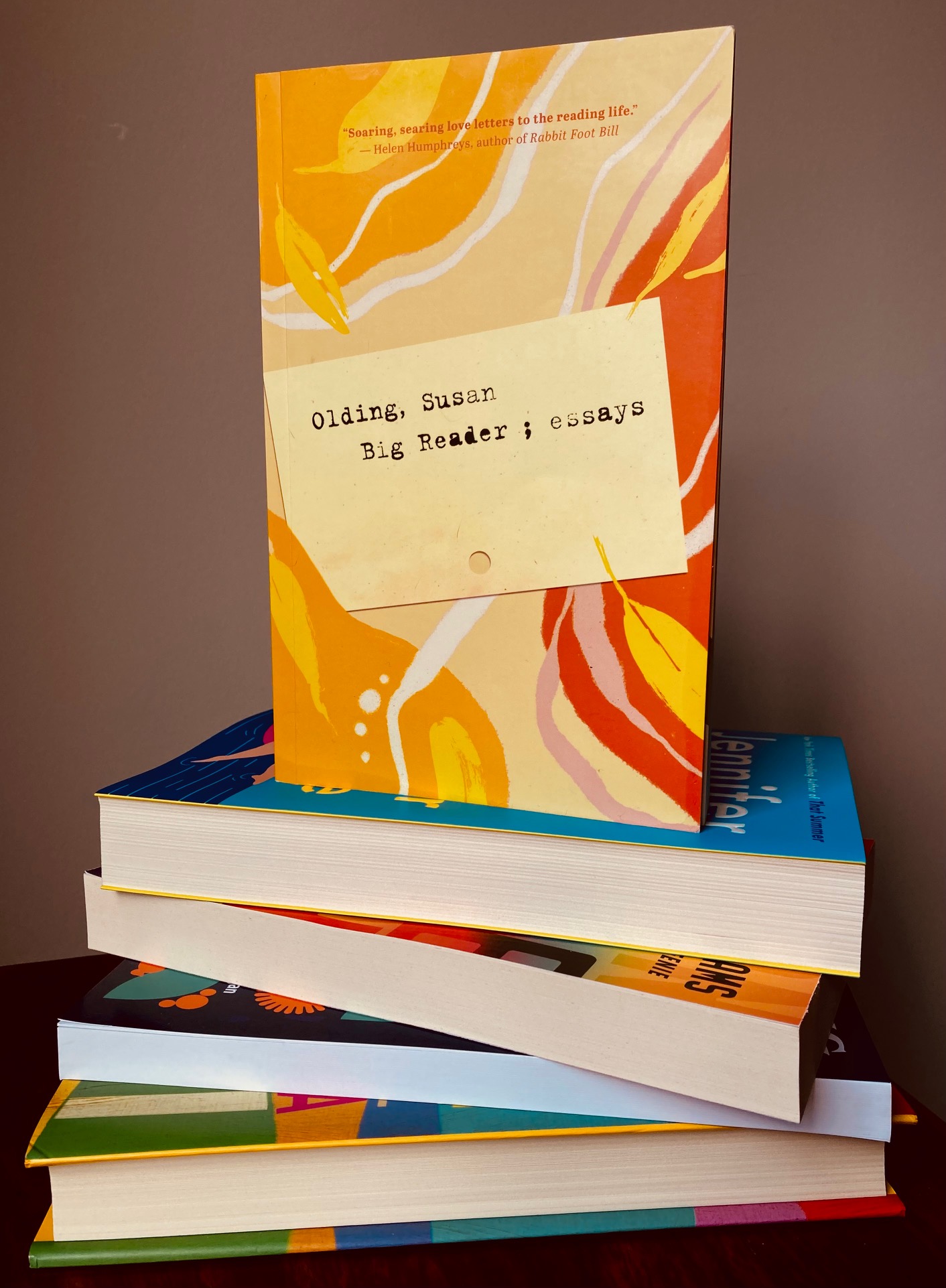
A book of essays about reading? Sign me up! It will come as no surprise that I loved Big Reader by Susan Olding. Each piece revolves around a particular book, a form of reading, a page in the life of being a writer, and reading experiences evolving over a lifetime. There are even a few poems thrown in, as well as an essay at the end that summarizes each section in relation to the author’s personal library. There is so much to enjoy, and it’s all wrapped in a beautifully-designed package with a leaf motif that runs through it. Many of the books discussed are classics, but Olding attempts to weave in modern-day examples as much as possible so it feels like a balanced, fair portrayal of a life spent reading books – a life path I can most certainly relate to.
Book Summary
Arranged into a Prologue, Verso, Hinge, Recto, Epilogue and Addenda are 22 different pieces, some longer at 20+ pages, while others are a simple one-page poem. We begin with a poem from Ursula K. Le Guin all about leaves which is a motif spread throughout, and then a short meditation on the exciting possibilities that reading brings us as children, tucked into bed with a flashlight late into the night. One of my favourite essays is “In Anna Karenina Furs”, the first long form essay of the collection. It tells the story of the author’s dissolution of her first marriage alongside a new and burgeoning relationship, set amongst the chapters of the famous titular novel as Olding draws parallels and references to Anna’s experiences. We come full circle to the very end of the book, where Olding analyzes Middlemarch by George Eliot, and the consequences of her version of a ‘fallen woman’ within her own life’s circumstances. One essay talks about the strained relationship she has with her father, running parallel to explanations of different kinds of blood types, how they were discovered, and Japan’s obsession with placing people in personality categories based on their blood type. There are a vast array of topics touched upon in these essays, but the explanations are neither didactic or tedious as she weaves fascinating tidbits of information into personal stories from her life as a reader.
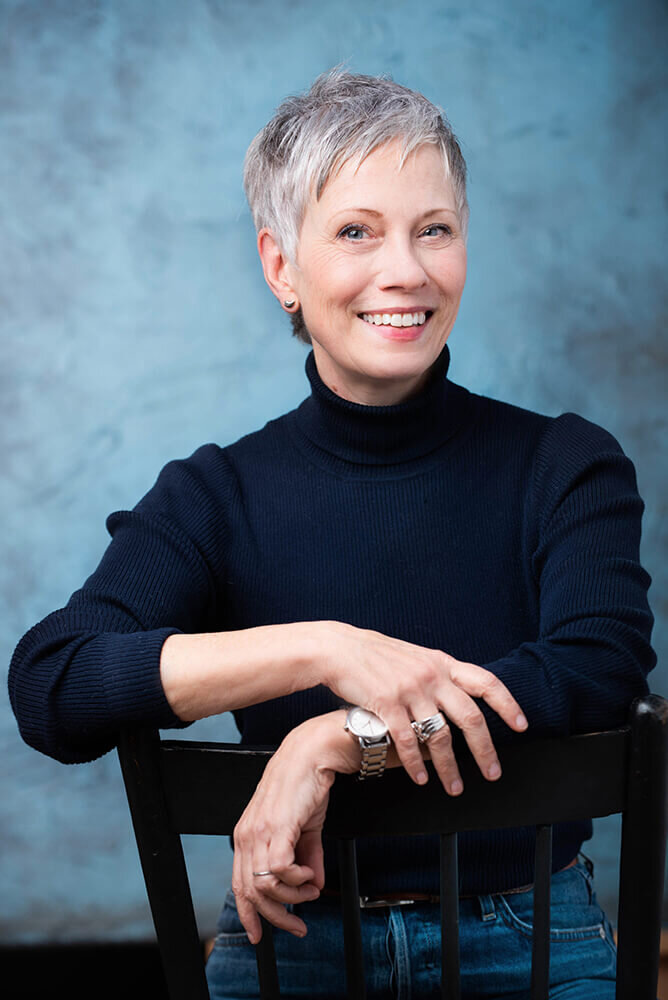
My Thoughts
Olding follows a similar structure in most of her essays where she moves back and forth between a book/concept/topic, and her own life. This seemed odd to me at first, but I quickly fell into a rhythm where I easily followed along and came to expect it for the remaining pieces. The benefit of coming in and out of her personal experiences is that the somewhat drier subjects of literary criticism were broken up into easily digestible pieces. Even myself, an English Literature major can only take so much analysis of hundred-year-old texts, and Olding instinctively knows this, even with the assumption she is talking to readers who have likely read these books at some point, so I really appreciated her formatting her writing in this way – it was just one more reason the pages flew by for me.
The title of the collection is referenced in the essays where Olding describes the vision problem, and eventual blindness of her mother. She loved reading but was reluctant to purchase aids to keep her independence. Her kids finally bought her something called a ‘Big Reader’ which looked more like an old-fashioned bulky computer, and it was meant to magnify each line, but because it forced reading at the dining room table (an uncomfortable place to settle in with a book), it was eventually sent back.
“To lay a page in that device, to see the words taking shape on that big screen, would have stripped a veil from the past and reminded her of all she had lost.”
-“Light Reading; A Triptych”, Big Reader by Susan Olding
Although it may appear as though this collection jumps around, I want to assure my readers that this collection is one of the most carefully thought-out books I have ever read. It flows in a way that’s not necessarily linear, but still organized and understandable. The last essay ties everything together well; as Olding unpacks her personal library in a new home (right at the beginning of the pandemic) she revisits each book and essay that came before, viewing these stories of her life in a reflective way. This tactic simultaneously reminds us of what came before, and provides a summary that offers us a conclusive way of looking at each piece on it’s own, and as part of a whole. I’m excited to recommend this book to others because it’s the perfect gift for any true book lover, and a nice way to spend an afternoon in the company of one’s bookshelf.

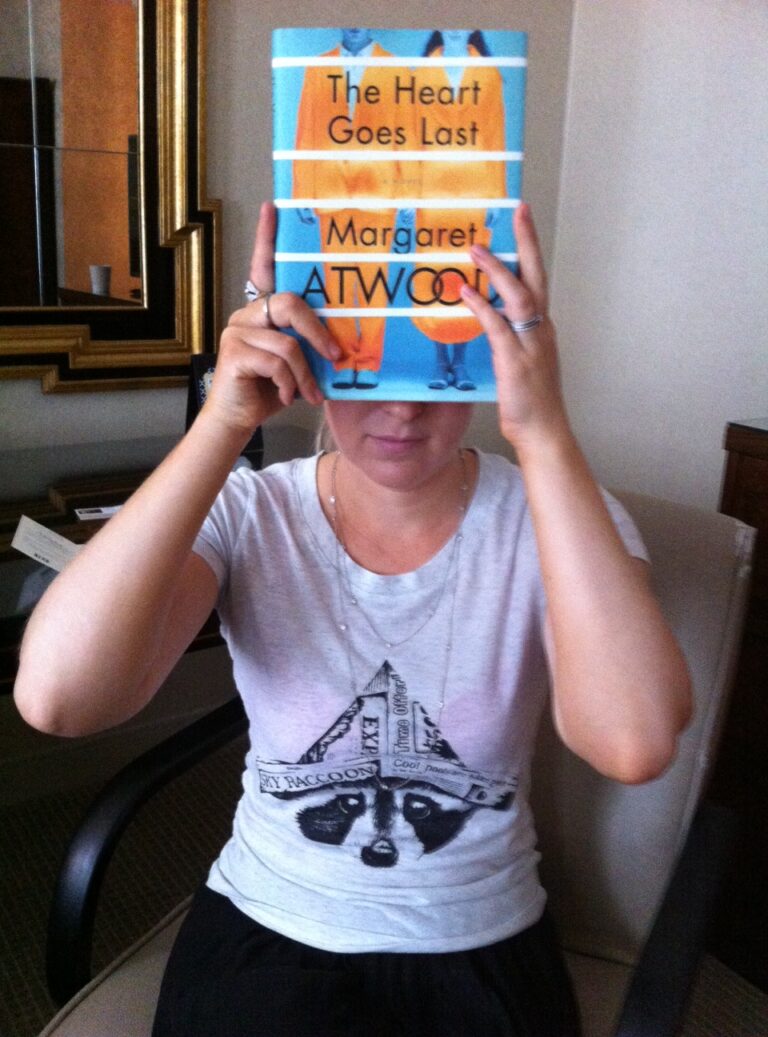
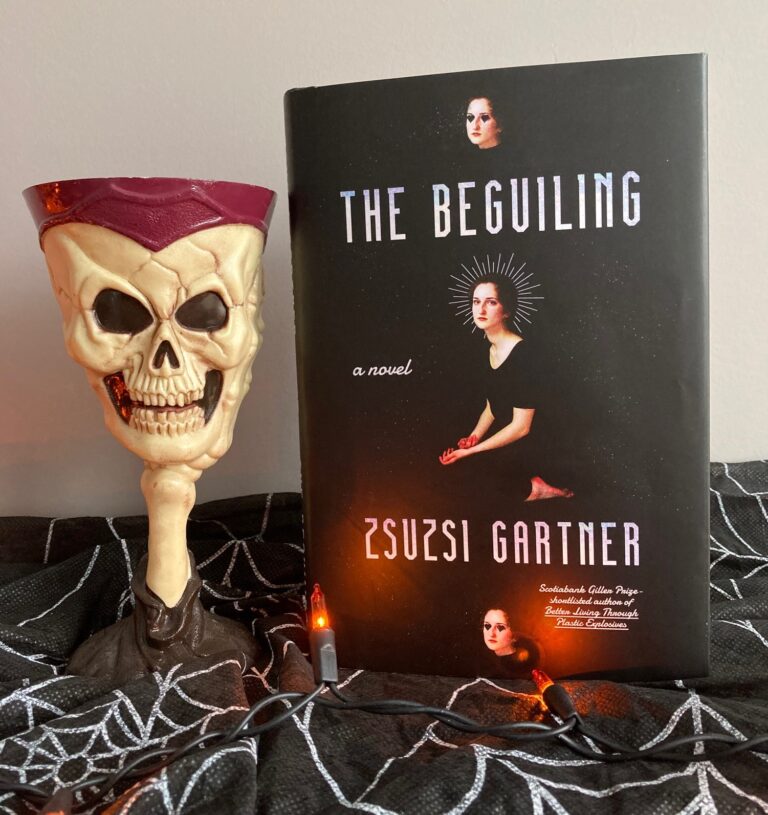
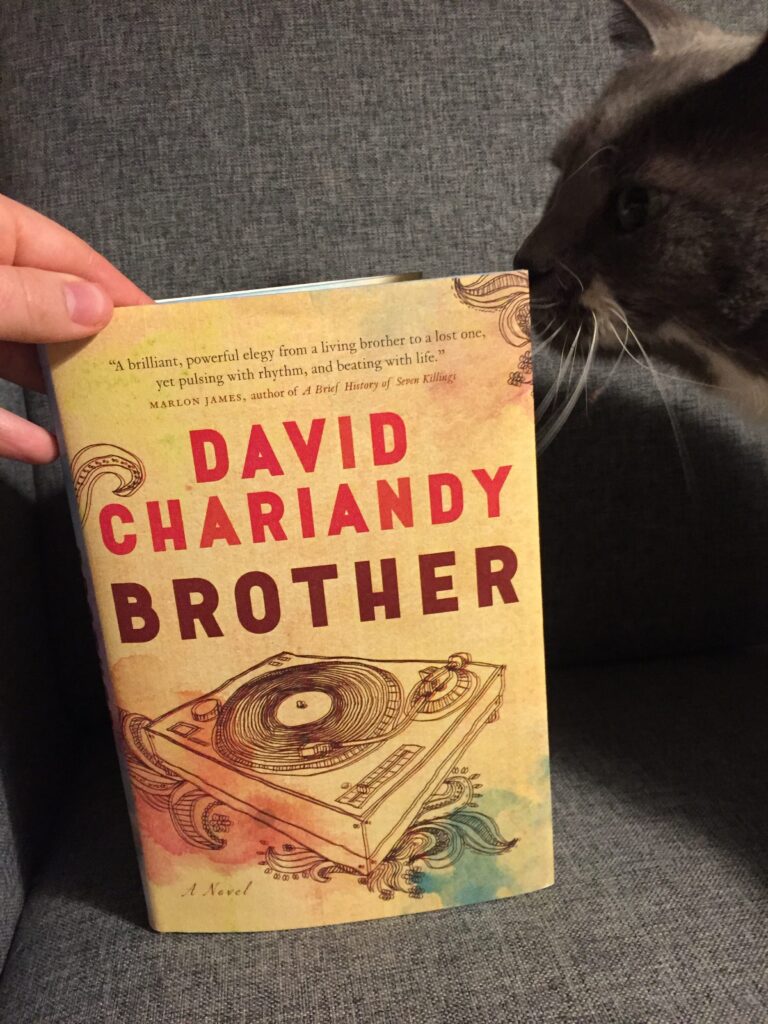
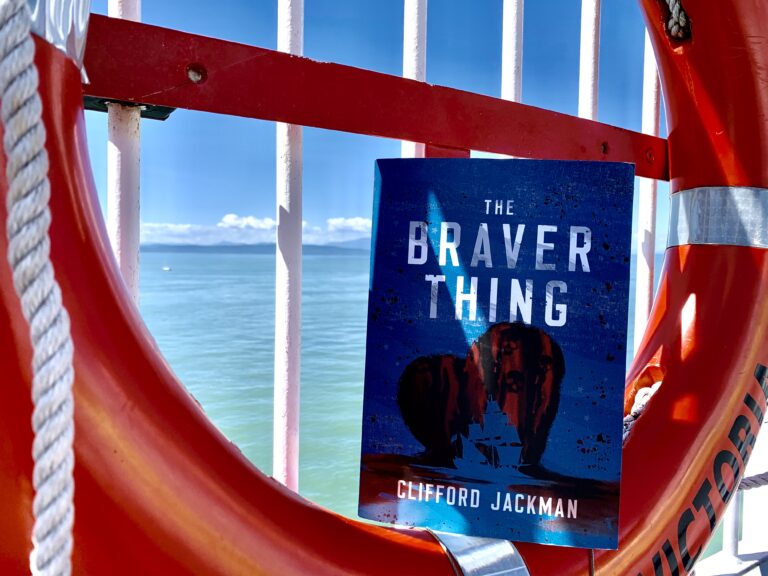
You have sold me on this book, Anne! Terrific review of it!
Oh I’m so glad Antoinette – thanks for reading :) I think you would really enjoy this one too
I’m intrigues to hear that the Japanese connect personality types to blood types! I feel a lengthy Google session coming on… :D
Right? I found that quite fascinating
There was another nonfiction book about an author’s library that came out a few years ago that I didn’t like, but that may be because the author was a younger person, I think, and her observations about books seemed shallow. Plus, if you hadn’t read the book, the essay made little sense/connection to you, the reader.
Yes luckily this book is relatable to most readers, no matter what your interest!
Oh! It was called Reading Fahrenheit 451.
I do enjoy a book about books. And about a reading life.
right? it’s just a lovely relatable topic :)
Thank you so much for this generous review and I’m so glad you enjoyed the book!
Thank you for reading my review, and for writing such a lovely book!